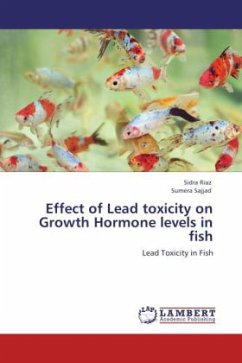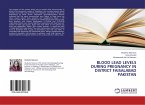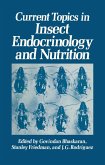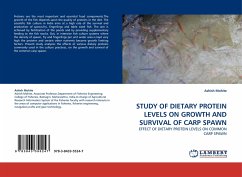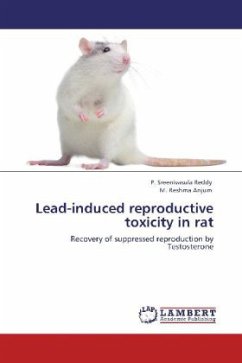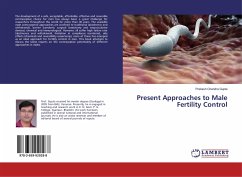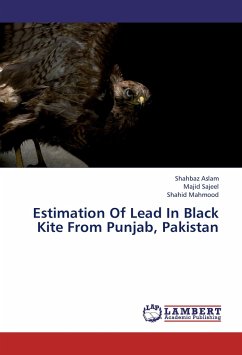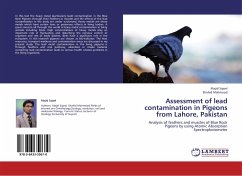Lead is a microelement and is naturally present in trace amounts in all biological materials in soil, water, plants and animals. The main sources of lead contamination are smelting works, application of waste water treatment sludge s to soil, transportation, rain, snow, hail and many others. Approximately 98% of lead in the atmosphere originates from human activates. Environmental pollutants like metals, pose serious risks to many aquatic organisms by changing genetic, physiological, biochemical and behavioural parameters. Among the aquatic habitants, fish is the most susceptible to these pollutants or contaminants and are more vulnerable to metal contamination than any other aquatic habitant. This research was undertaken to investigate the effect of Lead (Pb) on the growth hormone (GH) of common species of carp, Labeo rohita. Labeo rohita was selected, because it is an edible fish, so it is directly linked with human beings.
Bitte wählen Sie Ihr Anliegen aus.
Rechnungen
Retourenschein anfordern
Bestellstatus
Storno

